Acts 15:1-2, 22-29; Ps. 67:2-3, 5,6,8; Rev. 21:10-14, 22-23; Jn. 14:23-29
“The Advocate, the Holy Spirit…will teach you everything”. The Advocate is here to remind us that the Word made flesh in Jesus is to incarnate in us as the temple of the Holy Spirit. Just as in Revelation, John sees no temple in the holy city of Jerusalem “for its temple is the Lord God almighty and the Lamb” is Jesus. The word incarnate in us gives us the peace of Jesus “not as the world gives” peace but through the Holy Spirit as he comes to dwell in us. Do we invoke the Holy Spirit regularly to be our Advocate in prayer? The Holy Spirit is the gift received at baptism through who we receive the graces and virtues to know and understand the will of God in our lives.
Until the Holy Spirit came at Pentecost the disciples were sheep still failing to understand all that Jesus was instructing them. Then came the Advocate and they became as one in the Spirit guided to make the right decision as apostles and shepherds to the Gentiles and to all the followers to come after the death, resurrection and ascension of Jesus. Pontius Pilate asked Jesus “what is truth?” Jesus says to his disciples at the Last Supper discourse “I am the way and the truth and the life.” Jesus is the truth being revealed to us through the Advocate in our daily encounter with life. If we were to consider Jesus is the truth of theology then the Holy Spirit is the applied theology as the Advocate that makes all thing work for the greater good.
In the first reading there is a dilemma as the early church is still struggling with the applied theology and some leaders were calling upon the Gentiles to be circumcised following the Jewish tradition and law going as far as to say, “Unless you are circumcised according to the Mosaic practice, you cannot be saved.” By what authority were these leaders relying on? It was the historical authority and practices of the people of God. Everything that Jesus instructed had not been written down and in what is written down Jesus says nothing about circumcision. To have unity authority matters. The final human authority rested on the apostles whom Jesus appointed and called Peter to be the “rock” to build his church. The divine authority as spoken by the apostles and elders “It is the decision of the Holy Spirit and of us not to place on you any burden beyond these necessities”.
What a great gift given to the apostles and to us to receive the Holy Spirit as the Advocate in discerning “doing what is right”. We cannot lose sight in recognizing that as we all share in the gift of the Holy Spirit there remains the wisdom of God in providing the church an authority for the applied theology that we may all be one in faith and practice. We cannot be a church unto ourselves and each simply believe they are doing what is their “right” when it goes against the church authority, something to reflect on. Through the centuries many have tried and failed from Arianism, the belief that Jesus was not fully divine one with the Father to Luther’s Reformation and the revolt into Protestantism, the church has prevailed by remaining faithful to the authority and working of the Holy Spirit.
In our times, Protestantism is failing because it continues to divide itself into more and more denominations and they break from each other because there is not one authority in the applied theology of what is “right”. Still, we cannot cast stones within the Catholic church for we share a history of schisms when some choose to break from authority. In the past it was Luther and today the church in Germany is at risk of doing the same with what it is calling the “synodal way” to reintroduce ideas that church authority has already addressed like female priesthood and acceptance of homosexuality.
Have a dilemma pray to God the Father to receive his glory, pray to Jesus to be our lamp and light the way and pray to the Holy Spirit to reveal the word of truth and understanding for the answer we need to receive. Try to remember a moment when faced with a dilemma where a difficult decision needed to be made and finding ourselves unsure how to discern the right or best decision. Who do we turn to our parents, a spouse, our friends, or even a priest? Do we take it to prayer and do we call upon the Advocate?
One day as a young adolescent, I had a dilemma and needed to make what was to me a major decision at the time. The dilemma was whether to play football or take band in school since at the time you could not take both. I wanted both but it was not allowed and could not make the choice. I asked my mother for guidance expecting her to help me decide. I was quite surprised when she quickly and simply said, “You will have to decide.” Did not see that coming. It was not the response I expected and only later came to understand that I had to take ownership of the decision that would impact my life for the next several years and longer. So, I prayed and asked God that I was making the right choice and was at peace with my decision. This is the working of the Holy Spirit. God was going to use whatever decision to help me grow as a person and in my faith. God works through our free will when we call upon the Advocate to remain with us and lead us to the will of the Father.
Are we ready to trust God with our life choices? When we offer our decisions up to the Father for his glory, trust in Jesus to open the way for us, and call upon the Advocate to give us the wisdom to be at peace we are truly entering into the providential life of the Spirit. In the Trinity God works for those who love him. The Advocate is coming and is already here from the day of our baptism if we only turn to call upon the Holy Spirit and pray then we will hear his voice and know God is with us.
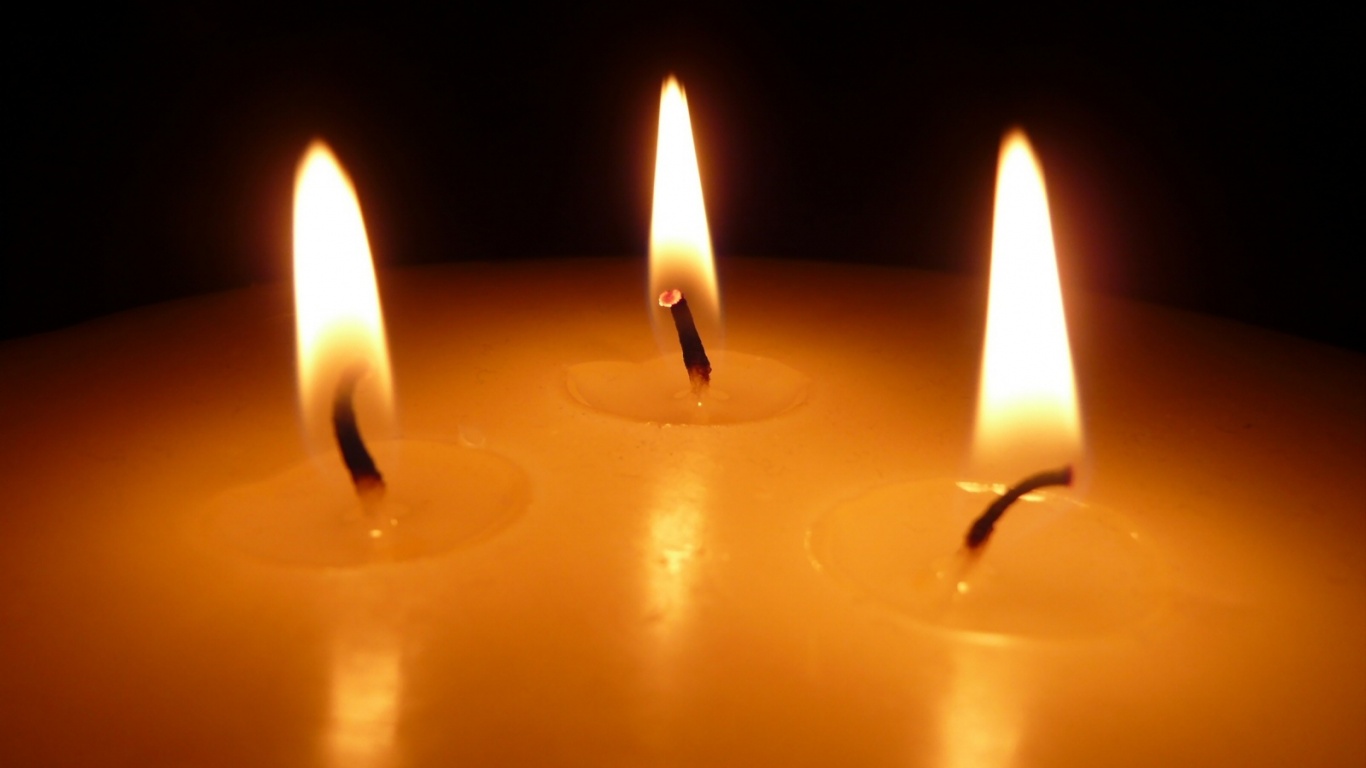




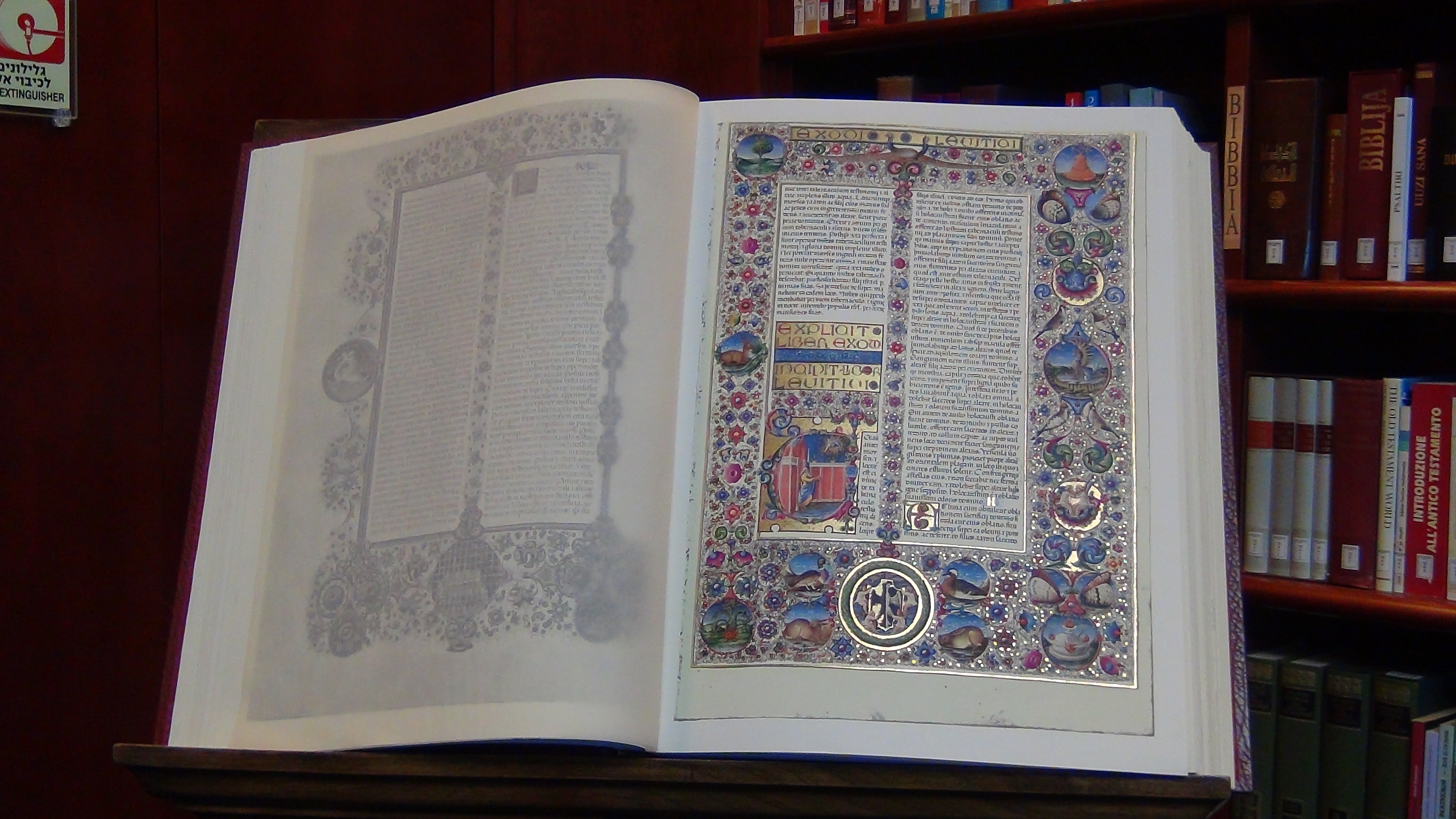

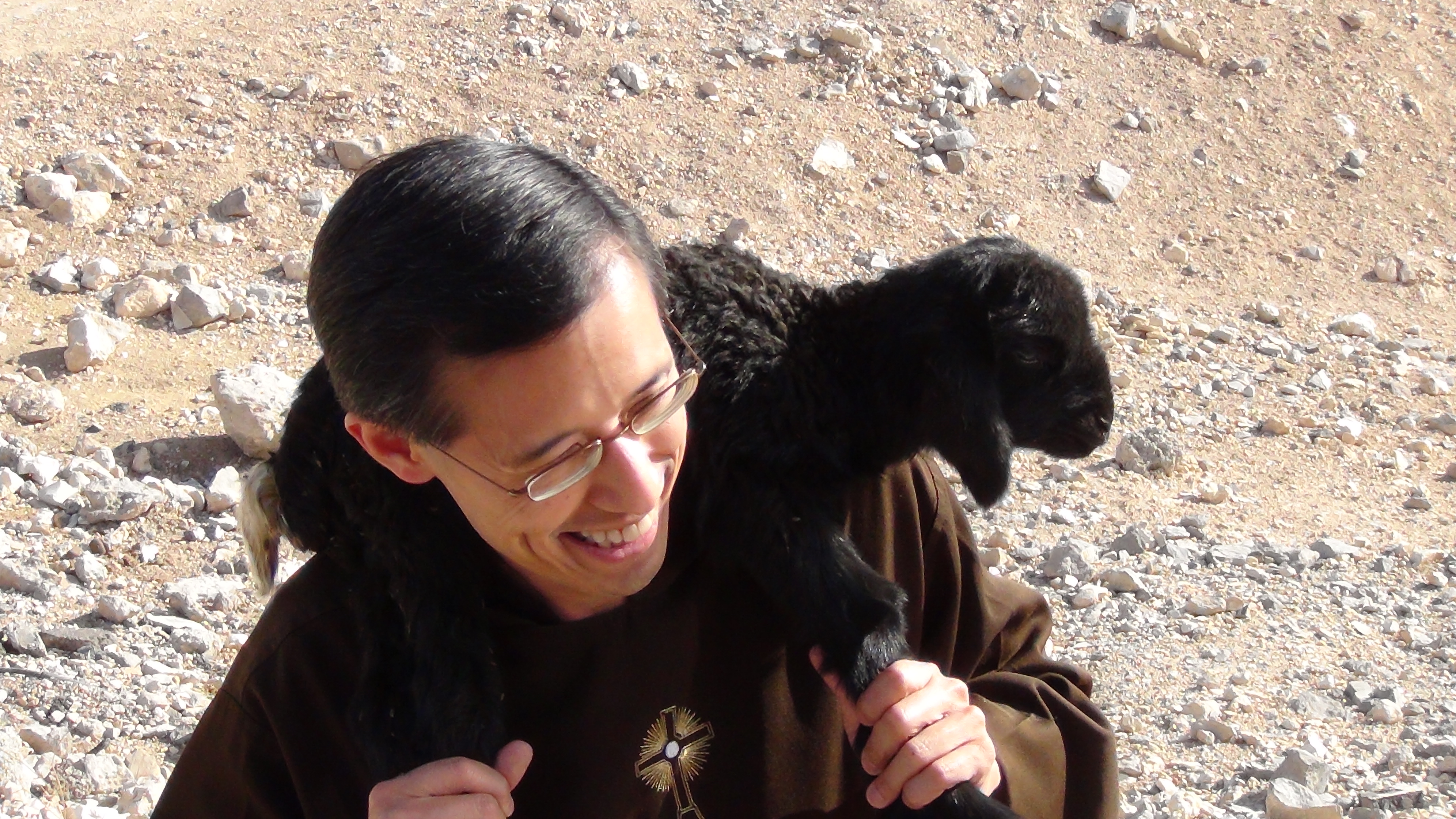

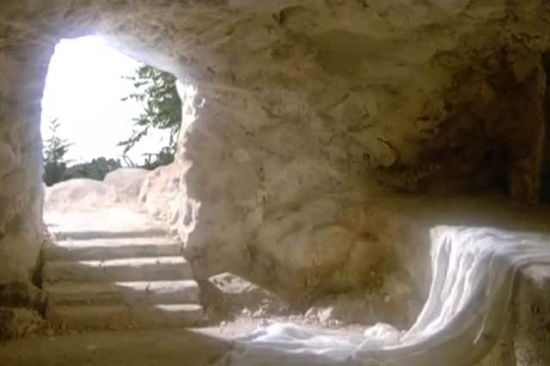

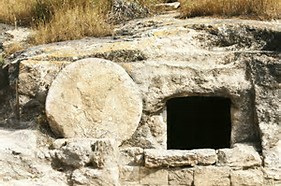



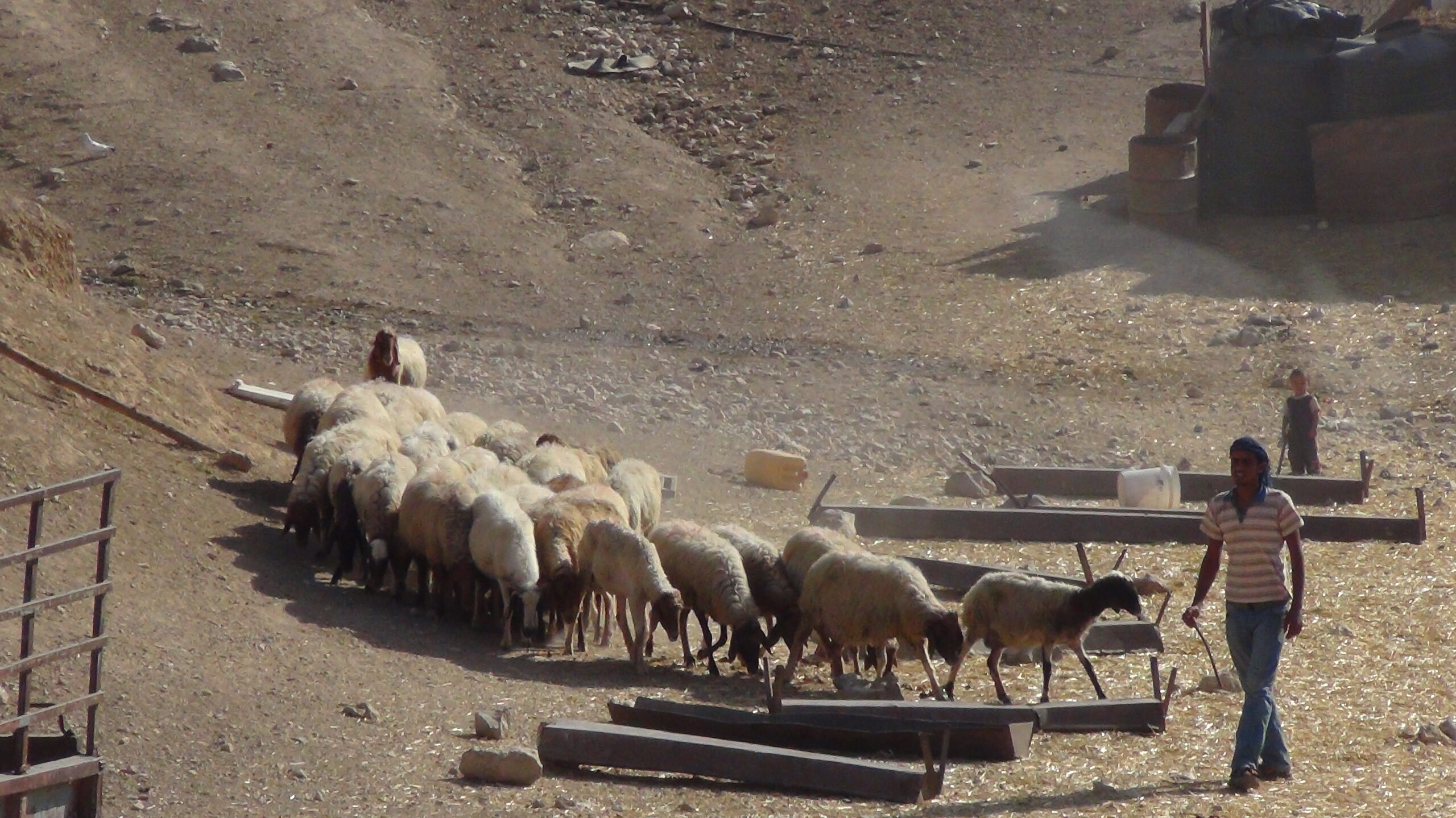

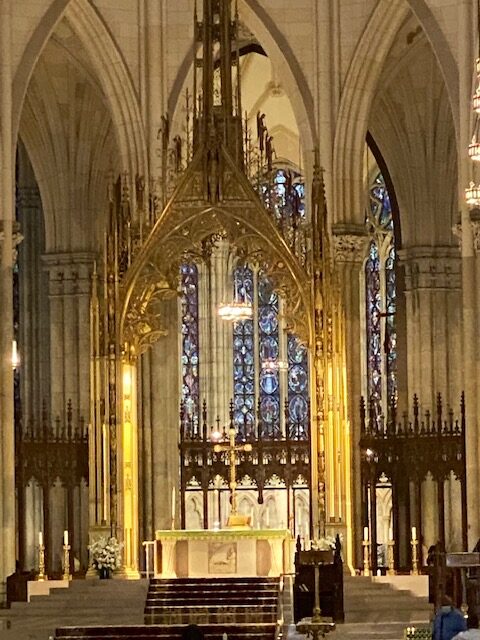

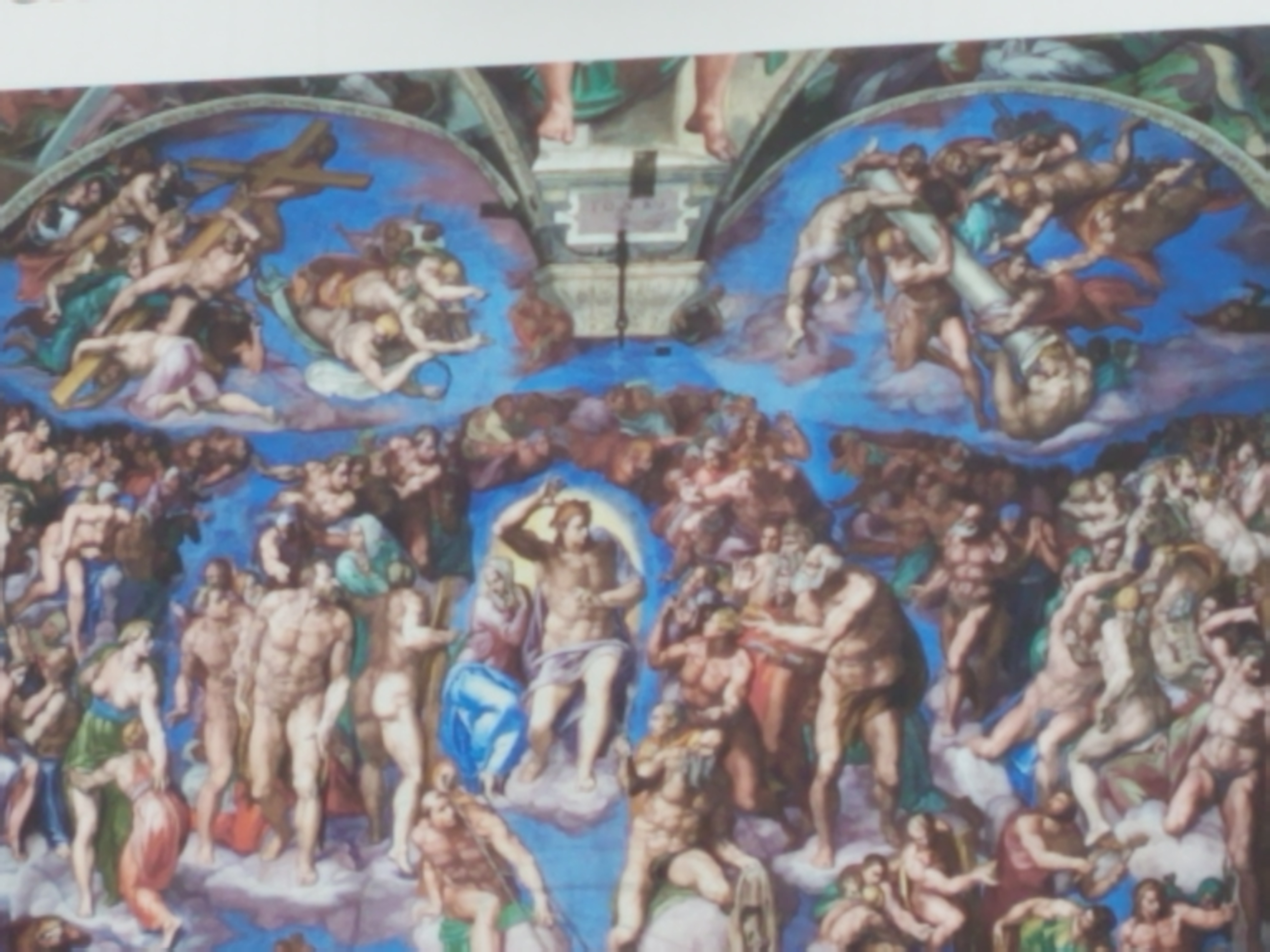

Recent Comments